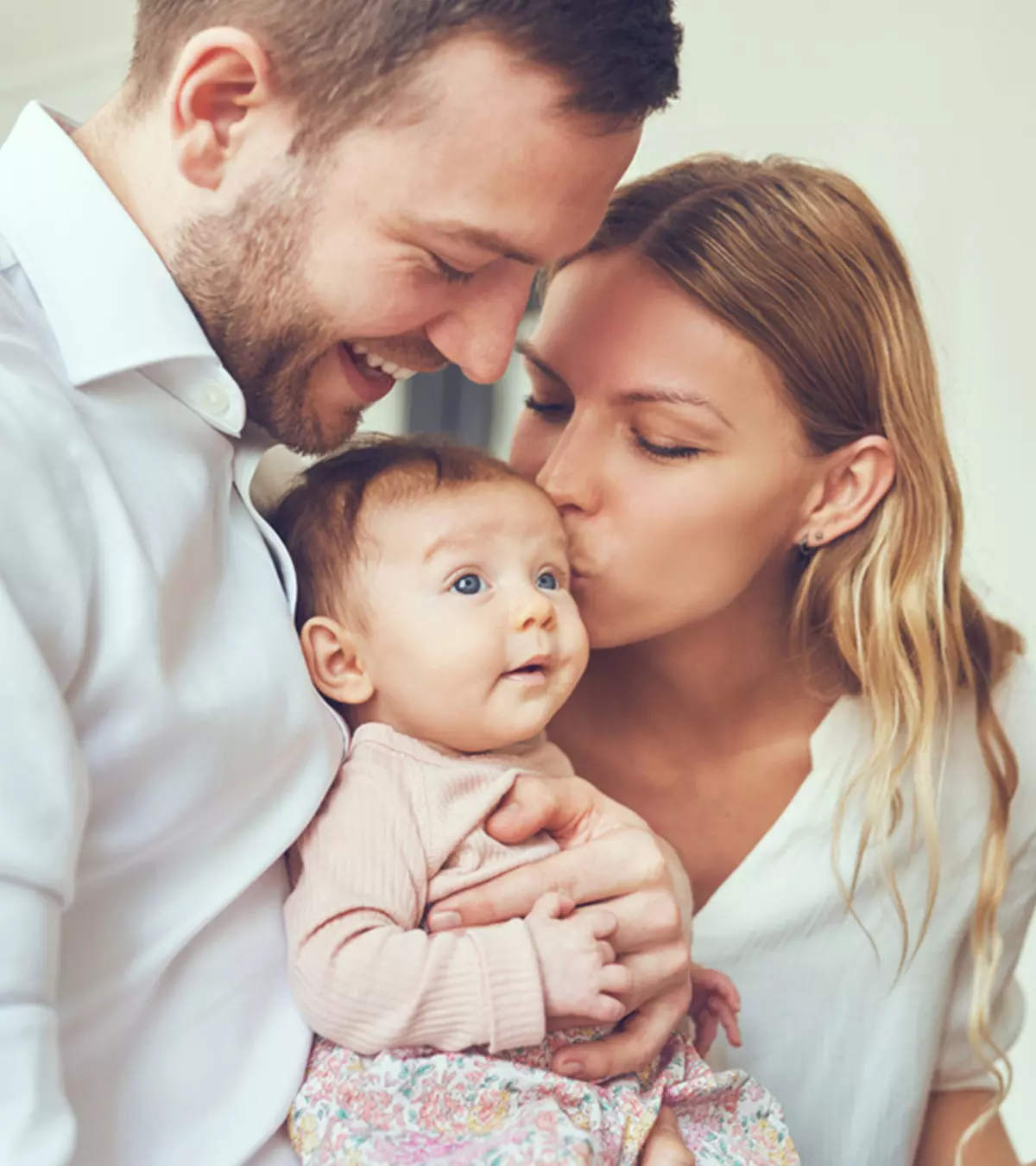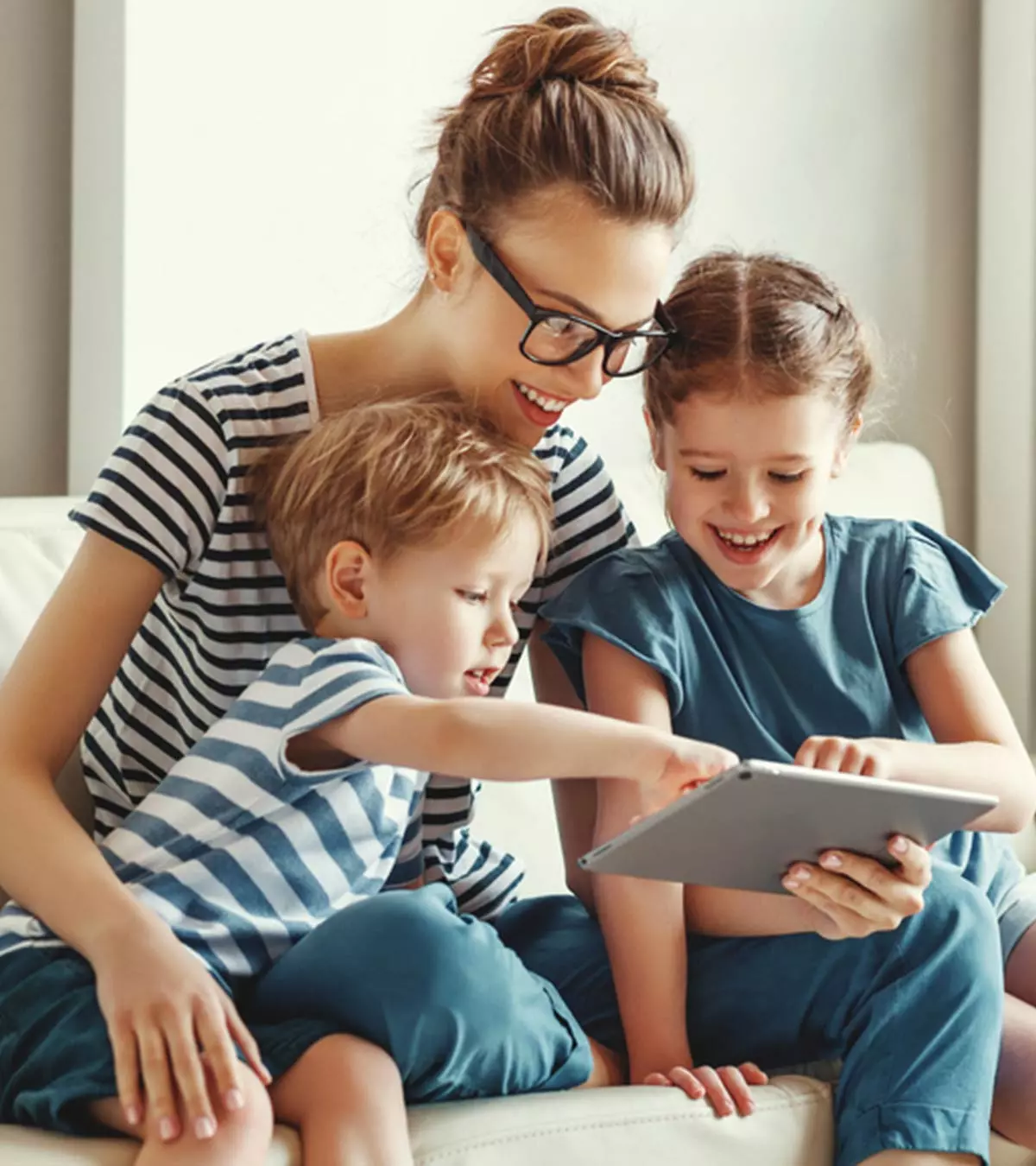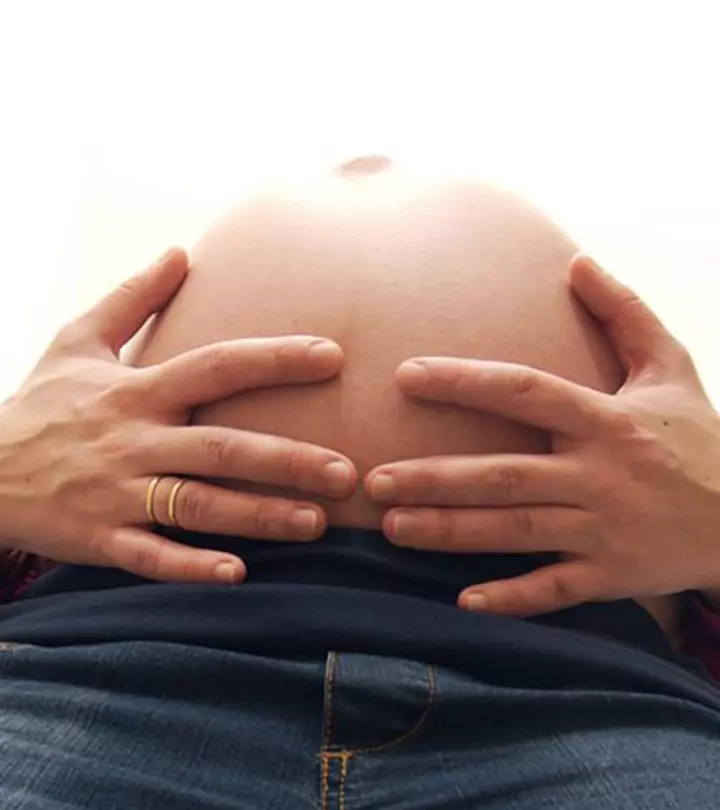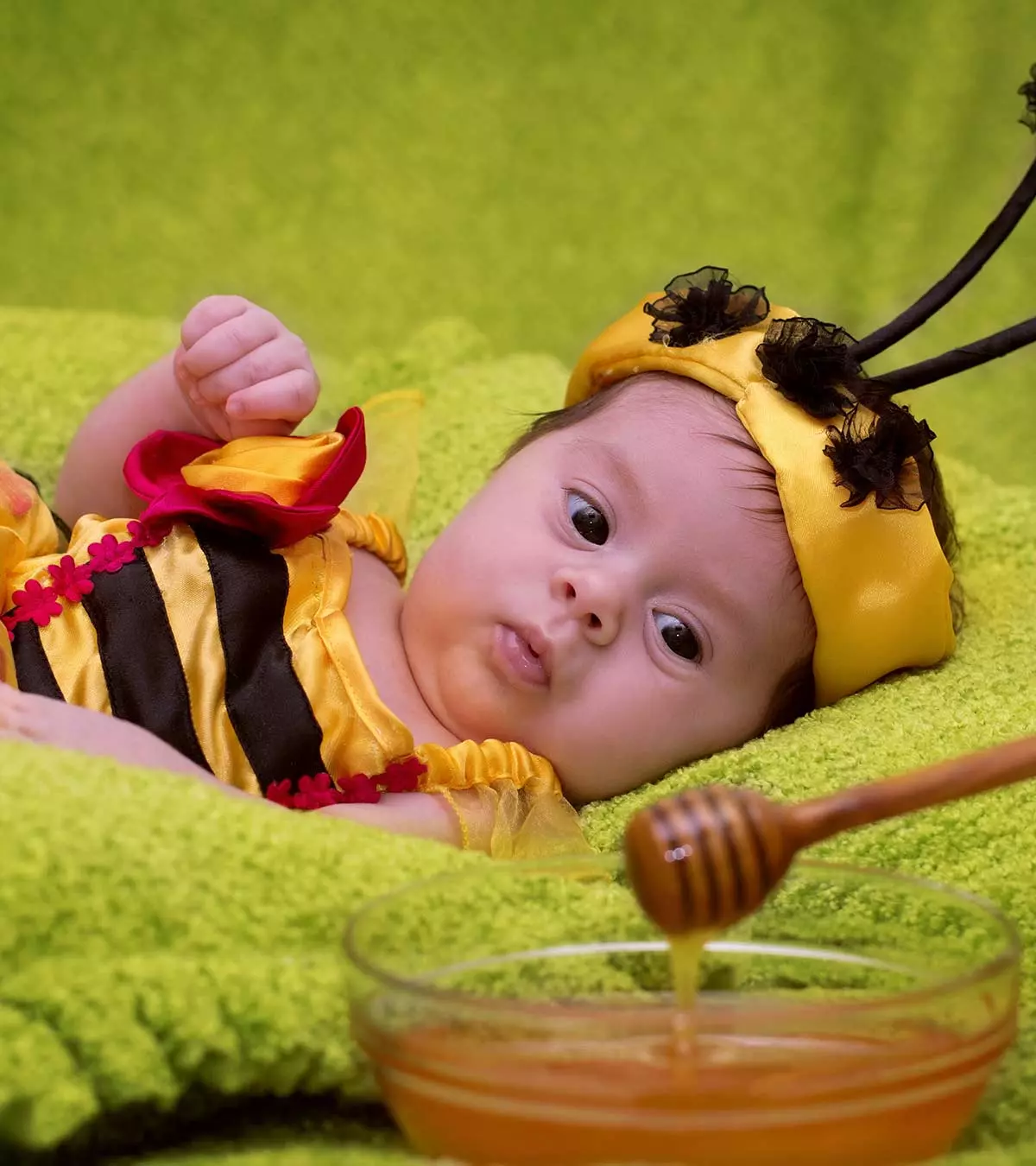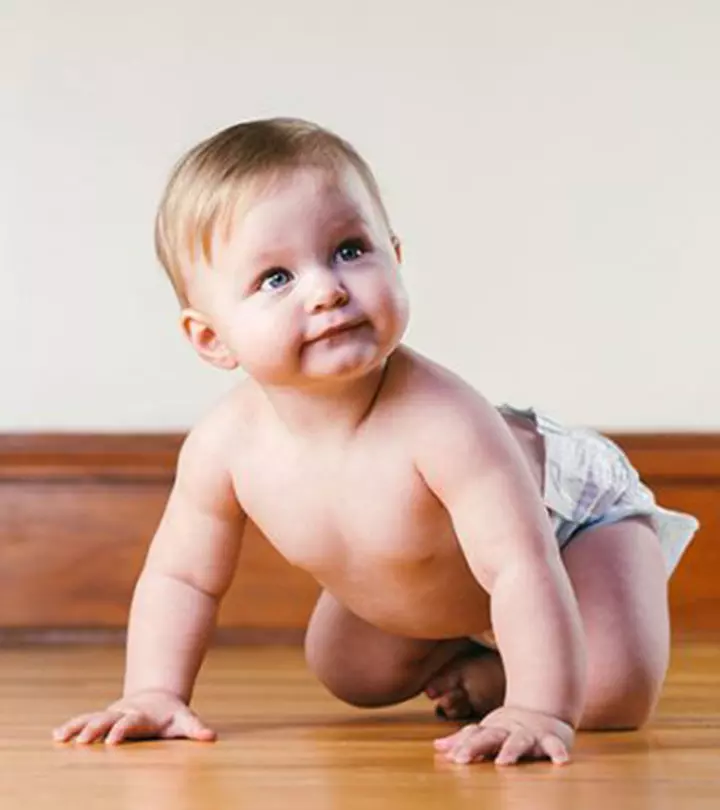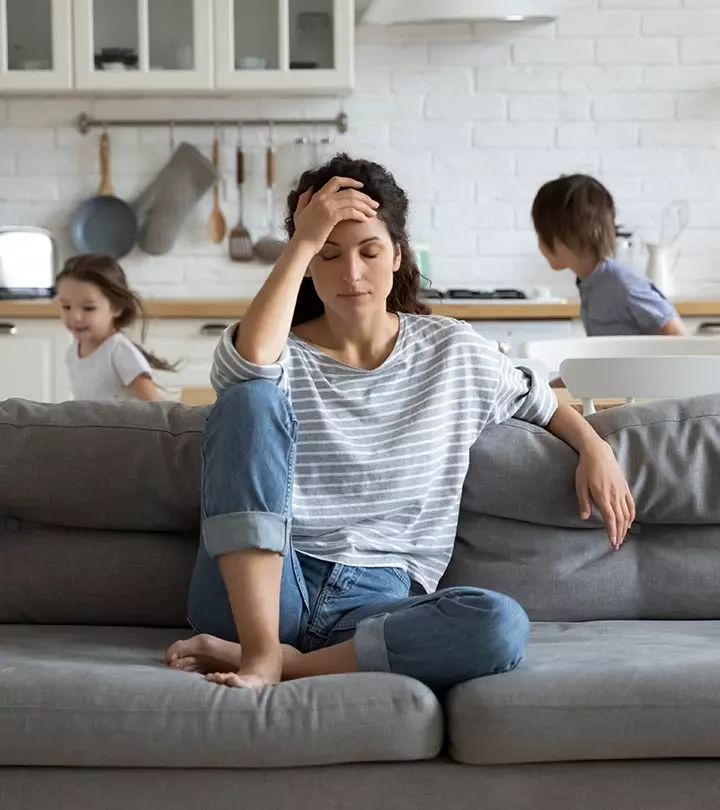
Image: Shutterstock
Parenthood across the world is glorified as the ultimate experience an individual should have in their life. While having a baby and becoming proud parents is a rewarding experience, some believe they could have skipped it for good. Even though the bad sometimes outweighs the good, not many speak up about the perils of raising a child, more often fearing social criticisms. As cliche as this may sound, life throws curveballs at the most unexpected hours, and some of us are caught off guard. Yes, parenthood can be challenging, but at the end of the day, it’s all about gathering your wits together and leaving a respectable impression as a parent.
Though parenthood is considered one of the most fulfilling experiences, it hasn’t proven to be universally enriching. Given a choice to redo or undo, many believe they would choose not to have more children at all. Wondering what makes them say so? Keep reading to find out the reasons why some parents wished they didn’t have kids at all:

1. They Regret The Missed Opportunities

Image: Shutterstock
Some parents’ laments stem from the fact that they could never finish their formal degrees after having a baby, which either means an average career growth or none at all. Parents are forced to give up on a dream job or let go of life-changing opportunities once they have a baby. Such sacrifices have impacted their career choices over the years. Some may remain stuck in a lousy job (for the sake of social benefits or job security), while others may never risk chasing a great career path because they would have to sacrifice spending time with their family. Plus, having kids at a young age may leave some parents with no choice but to become full-time caregivers. Many new moms also fear facing the patriarchal backlash if they refuse to manage household responsibilities and pursue their careers instead. This impacts how they feel about parenthood in general.
2. They Have To Take Care Of A Special Child
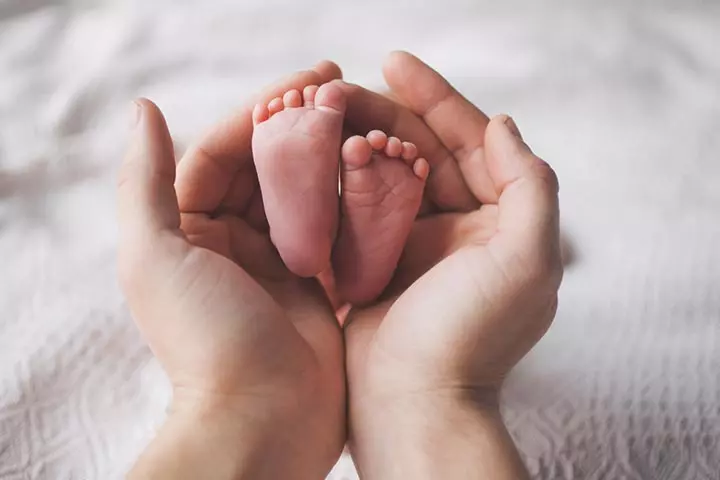
Image: Shutterstock
Some people have to exert extra effort to raise kids as they have to handle a child who is intellectually or physically stunted. While they do love their kid, their regret stems from circumstances that weren’t under their control. A differently-abled child essentially translates to additional responsibilities for a lifetime. There are no holidays or breaks in this role as a parent. To sum up, these parents are left with little (or zero) time for their personal growth, a ton of regrets, and lingering bitterness for letting go of life-altering opportunities.
3. They Aren’t Financially Secure

Image: Shutterstock
Having a child is an expensive affair. The bills add up in no time, and without a solid financial plan, it’s a harrowing ordeal. Raising a child can be mentally straining, especially for the present generation that complains of meager returns in a slumped economy. Parents also complain of going hungry for their children or selling off their valuable assets to make ends meet. A never-ending list of expenses after childbirth can perpetually push the household into a state of misery. Though it might seem like the end of the world, try to manage your expenses sparingly and pay extra attention to the unnecessary purchases that are putting you in a soop.
4. It Amplifies Marital Issues

Image: Shutterstock
Couples also regret having no time for their relationship once the baby arrives. While they gain a child, they lose a friend in their partner, and the relationship begins to crumble. Most of their days fly by in taking care of the child’s needs and seldom their own. Additionally, minimal parental involvement is another woe parents share. They regret choosing a partner who bails out or refuses to extend a helping hand with their kids. Also, sharing responsibilities of children can often leave parents feeling drained, exhausted, and frustrated with each other. These ultimately buy them no time for intimacy or personal space.
5. They Suffer From Mental Issues
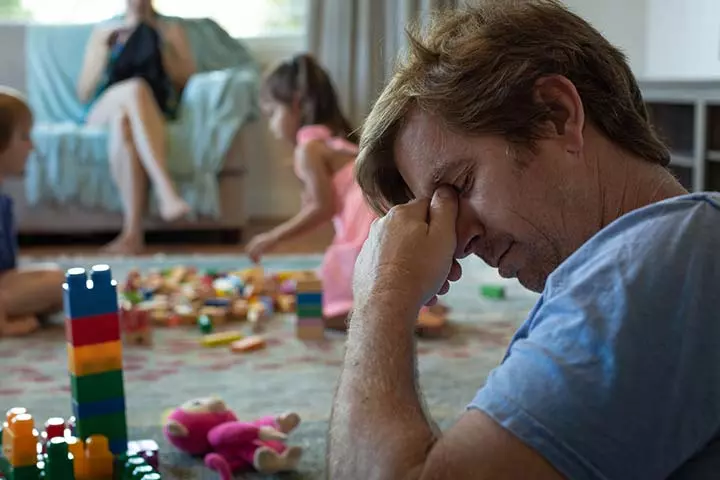
Image: IStock
Some parents regret having kids as they suffer from mental health issues or an unresolved crisis. Either one or both of these parents may notice their mental health conditions deteriorating during pregnancy and after childbirth. Planned or unplanned, they cannot handle a baby when they are experiencing a disturbed mental state. Their personal needs are often ignored or silenced while tossing between work, home, and the baby. Not surprisingly, it leaves them with a feeling of bitterness and lack of involvement in the lives of their children, sometimes, even years after they grow up.
6. We Live In A Precarious World
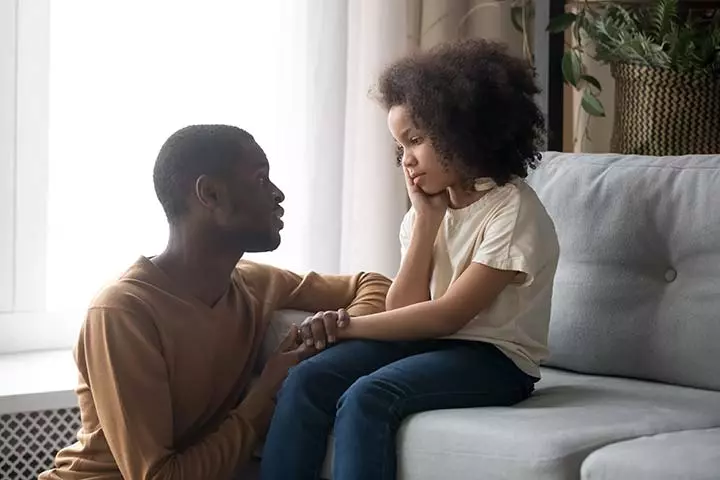
Image: Shutterstock
A common concern of millennial parents: the world today is not a safe place. We’ve exploited natural resources leaving little for the generations to come. The crime rates are high, and the world is grappling with political, social, and economic crises. In an uncertain and unstable world, bringing up kids is a regret many parents share. We think it’s quite a valid concern, do you agree?
7. The Child Didn’t Grow Up To Become Kind Or Compassionate

Image: Shutterstock
Parents’ love for their children is pure and unconditional, but as individuals, many parents honestly believe that their kids did not grow up to become good human beings. They tend to blame their parenting style or even question their ability or whether they are good caretakers. Hence, they are left regretting the choice of having a kid, even though it is a one time thing.
Parenthood is certainly not an experience that brings equal joy to all. There’s some degree of pain and hurt behind the love and selflessness in raising a child. Sure, it’s not something that is discussed openly because of fear of judgment, but that doesn’t make it non-existent or invalid. At times like these, take some days off to reflect and bounce back to showcase better qualities for the sake of your children. It’s all about the hustle. In the end, the love that you receive back from the child also matters. Do you relate to the ones we’ve discussed here? Do you have similar regrets of your own that you would like to share? Let us know in the comments section below!
Community Experiences
Join the conversation and become a part of our nurturing community! Share your stories, experiences, and insights to connect with fellow parents.

